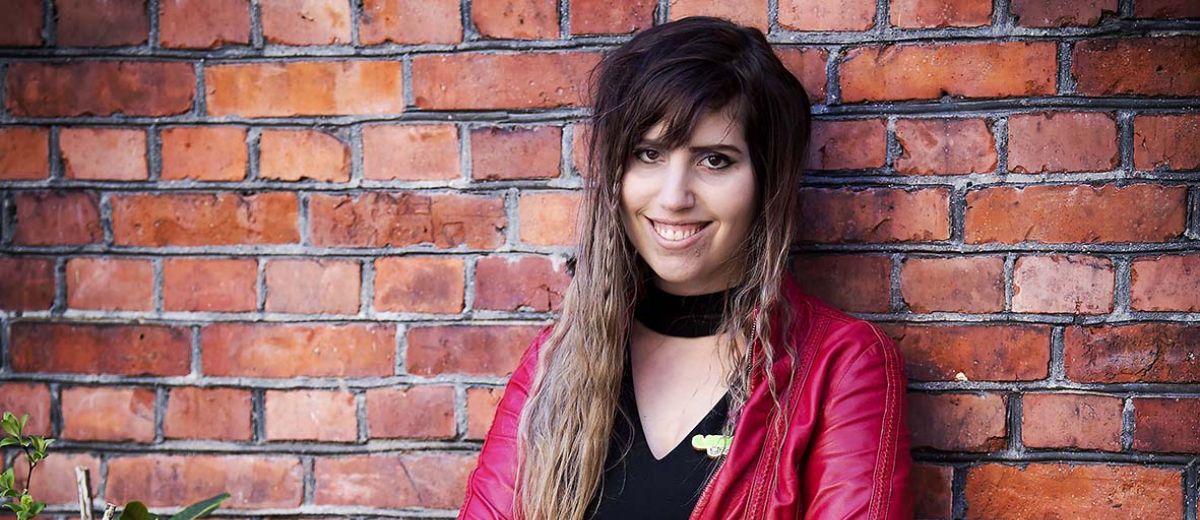
Capacity-building for sustainable events and festivals
LiveGreen started as a music festival in Karlskrona 2011. The venture has evolved since then. They offer capacity-building and they raise awareness to create sustainable, ecologically safe and inclusive events and festivals. Festivals can be seen as temporary cities, so all the challenges in society also exist at festivals, more or less. What makes it even more challenging is that the festivals are temporary, which historically has made them a magnet for single-use products.
– LiveGreen Festival was originally a youth-led movement with a focus on sustainability. Today we’re an organization, and we combine sustainability and culture in different ways, says Louise Lindén, founder and innovation manager at LiveGreen.
For Louise, festivals are mirrors of society.
– Amazing things happen when we meet each other in person. Festivals are essential for our democracy and social sustainability. Actually, we’re building temporary cities, and all the challenges in our society also exist at our festivals, more or less. What makes it even more challenging is that the festivals are temporary, which historically has made them a magnet for single-use products.
There is still a lot of work to be done in the event industry, and there is a major need to create more circular festivals.
– We can see that some festivals in Europe are taking the lead in this, and it’s interesting. There is DGTL, for instance, the electronic music festival in Amsterdam, and they’ve said that they’re going to be the first 100% circular festival in the world.
Despite the ongoing challenges of festivals, there is a trend towards a change of attitude among festivalgoers. The audience’s awareness of reducing the ecological footprint is noticeable.
– I think the change has been pushed from everywhere, especially from among the younger festivalgoers. The younger generation wants companies to take climate action and responsibility.
Louise Lindén calls for more young people to join her other activities, concerts and events.
– Our industry needs more diversity. We should include the younger generation in the event industry as we go through the sustainability transition and build a circular economy. They have essential perspectives and good ideas.
A successful event or festival is based on curiosity, brainstorming and courage.
– First of all, you have to be curious and challenge norms and systems. Second, share your ideas and practices. Learn from each other. Third, be brave. You must have the courage to try new things and be the first one to do it. Dare to make statements.
The ecological footprint measures human impact, such as how we consume resources and generate waste compared to how nature can absorb our waste and regenerate resources.